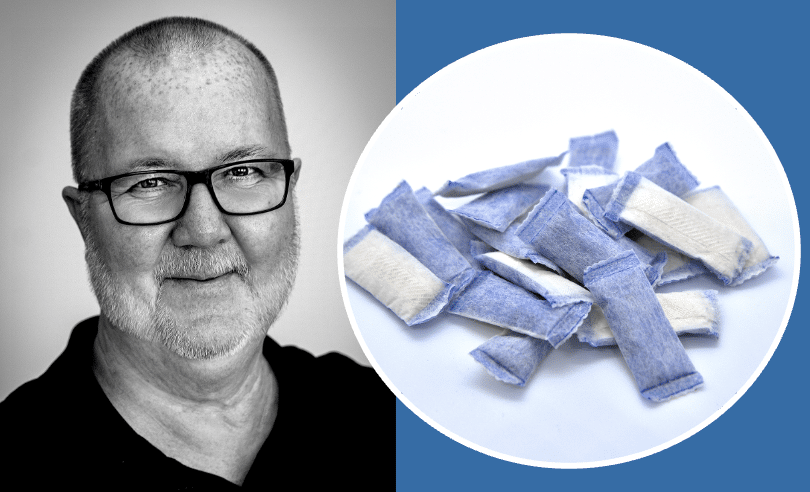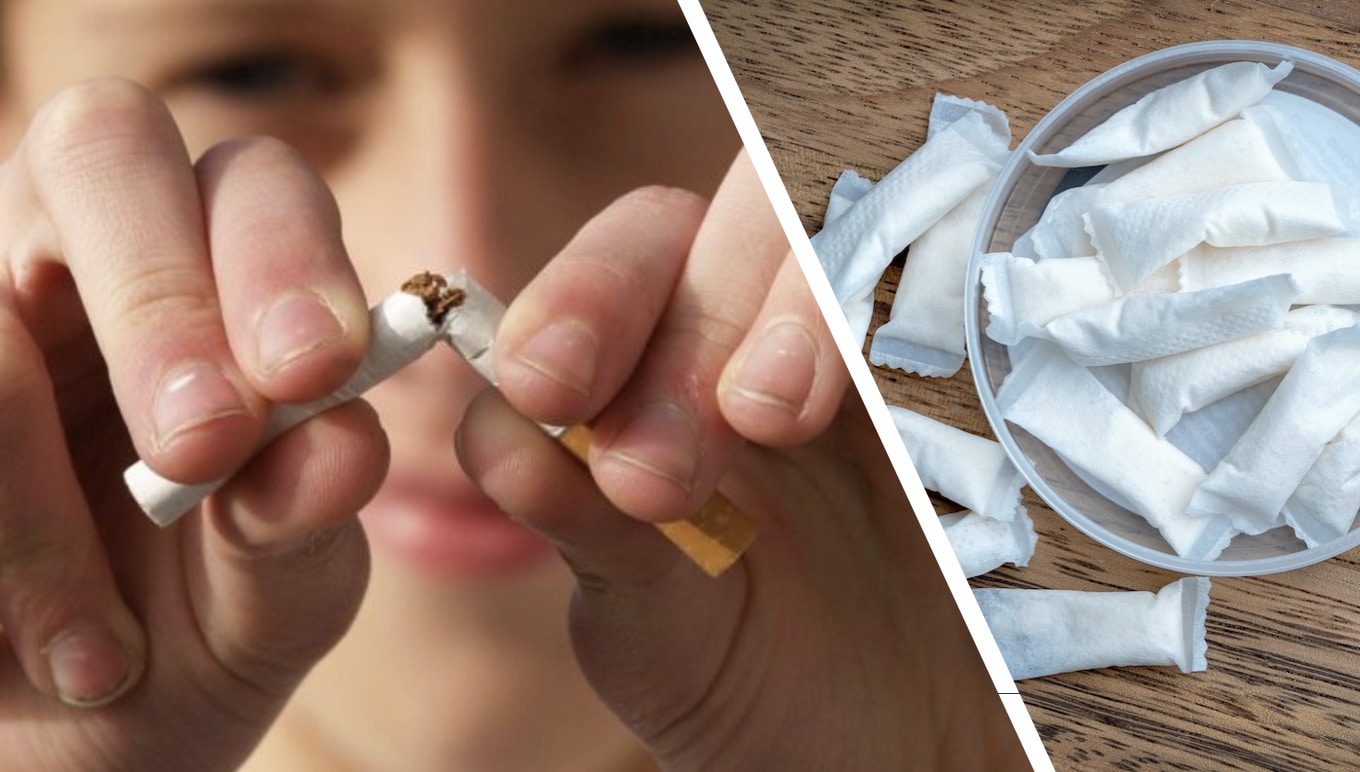Snus does not increase risk of pancreatic cancer
Swedish researchers have published an article in the prestigious International Journal of Cancer, which shows no increased risk of pancreatic cancer among snus users.
The largest study on snus to date
The study, conducted by scientists at Sweden’s Karolinska Institutet medical university is the largest to date in the field and has analysed the records of over 400,000 men, 30 percent of whom used snus.
The study also took into account previous studies in the field, with the results combining data from several other studies.
The study found that there was no increased risk of cancer among the snus users and that there was no relationship between how long a person had been using snus and their risk of developing cancer.
The study represents the most significant new scientific finding concerning the health risks around snus since 2001, when a claimed link to oral cancer was disproved and the cancer warning on the snus packages was removed.
It may also mean that the last remaining question mark over whether Swedish snus might cause cancer has now been answered.
“We don’t see any difference in the risk of pancreatic cancer among those who have ongoing use of snus compared to those who do not use snus,” Cecilia Magnusson, professor of epidemiology at Karolinska Institutet and one of the authors of the study told Sweden’s Expressen newspaper.
“The relative risk is 0.96, when 1.0 means that the risk is exactly the same. So there is no difference.”
The risk was written off in 2011
Lars Rutqvist, the oncology professor responsible for medical issues at Swedish Match, said that in his opinion a previous study had already disproved any link to pancreatic cancer.
“For those who follow this, this was quite clear as early as 2011 when the risk was written off in another large study,” he said. “However, Swedish authorities did not take note of the new research, which was surprising.
“Hopefully, these new results can help reduce the resistance of smokers who have not managed to quit in other ways to switch to snus.
“The entire overall assessment of the snus’ presumed health risks must be reconsidered. This is of course of great importance to the political initiatives that strive to equate snus with cigarettes.
“It turns out that snus’s health risks are comparable to those of smoking cessation products such as chewing gum and nicotine patches.”




